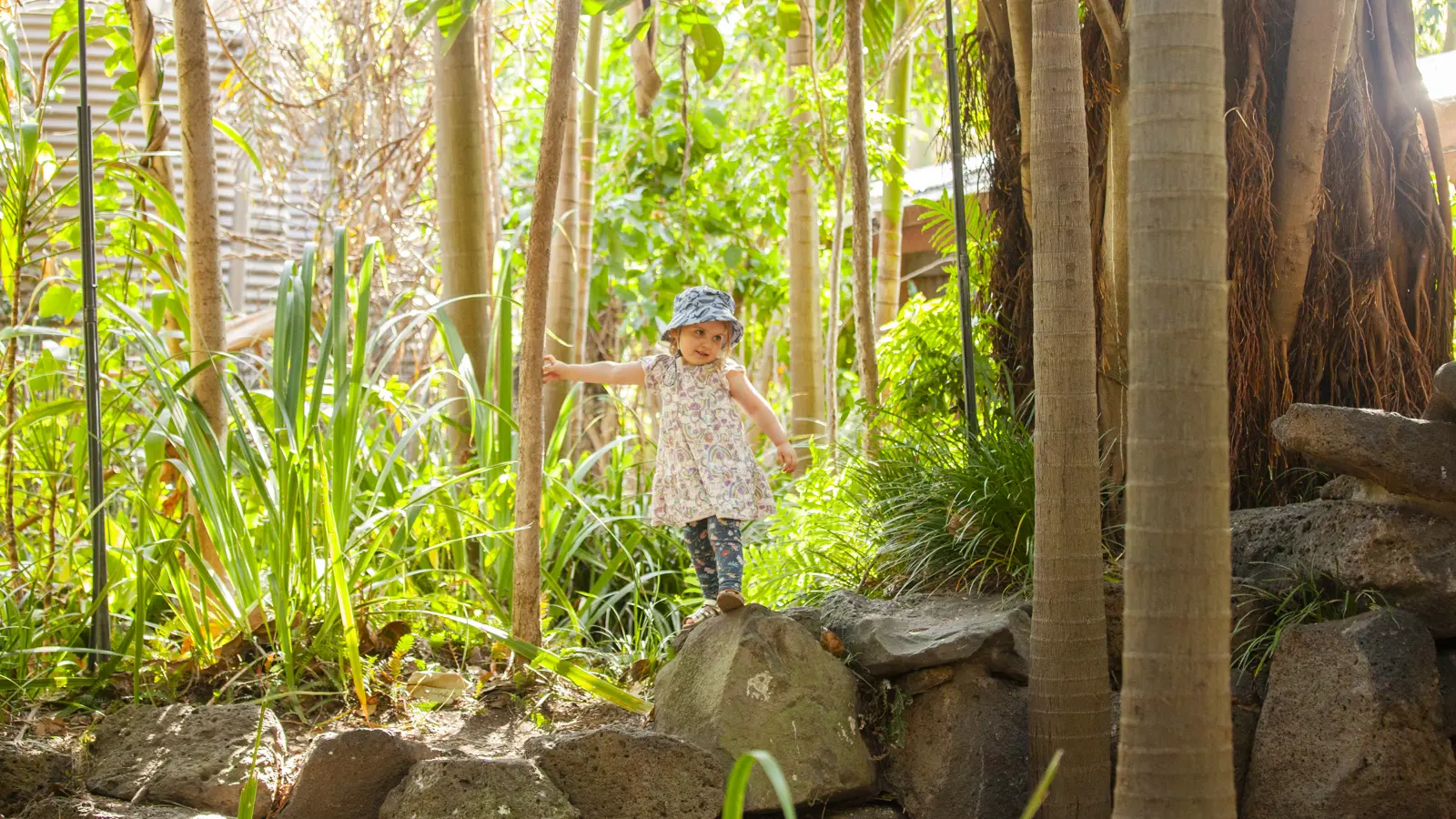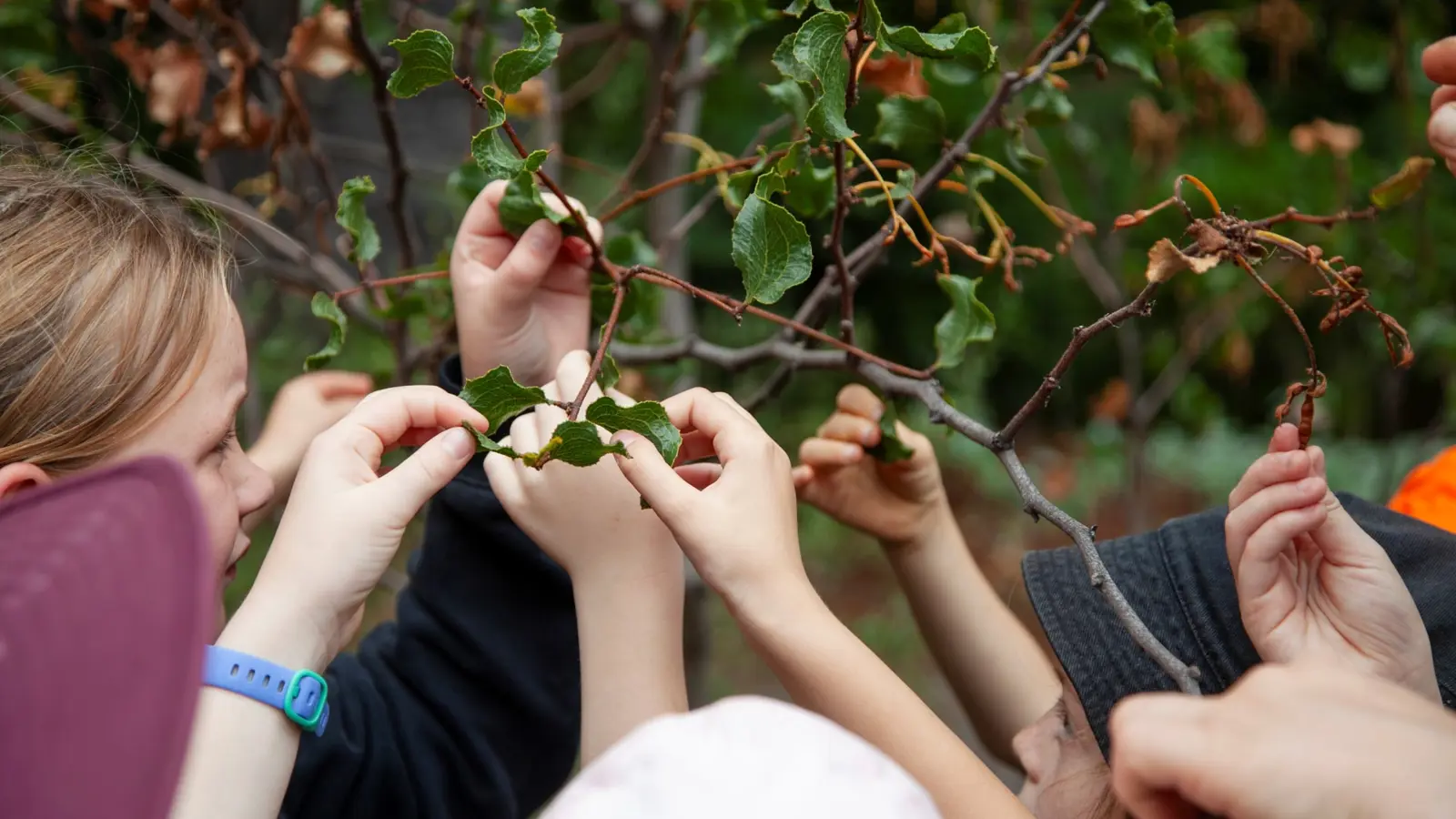
Early Childhood Outdoor Learning Network Professional Development Opportunities
We are proud to partner with Early Childhood Outdoor Learning Network to host professional learning opportunities including an annual pedagogy and practice conference, and training packages on place based outdoor learning



